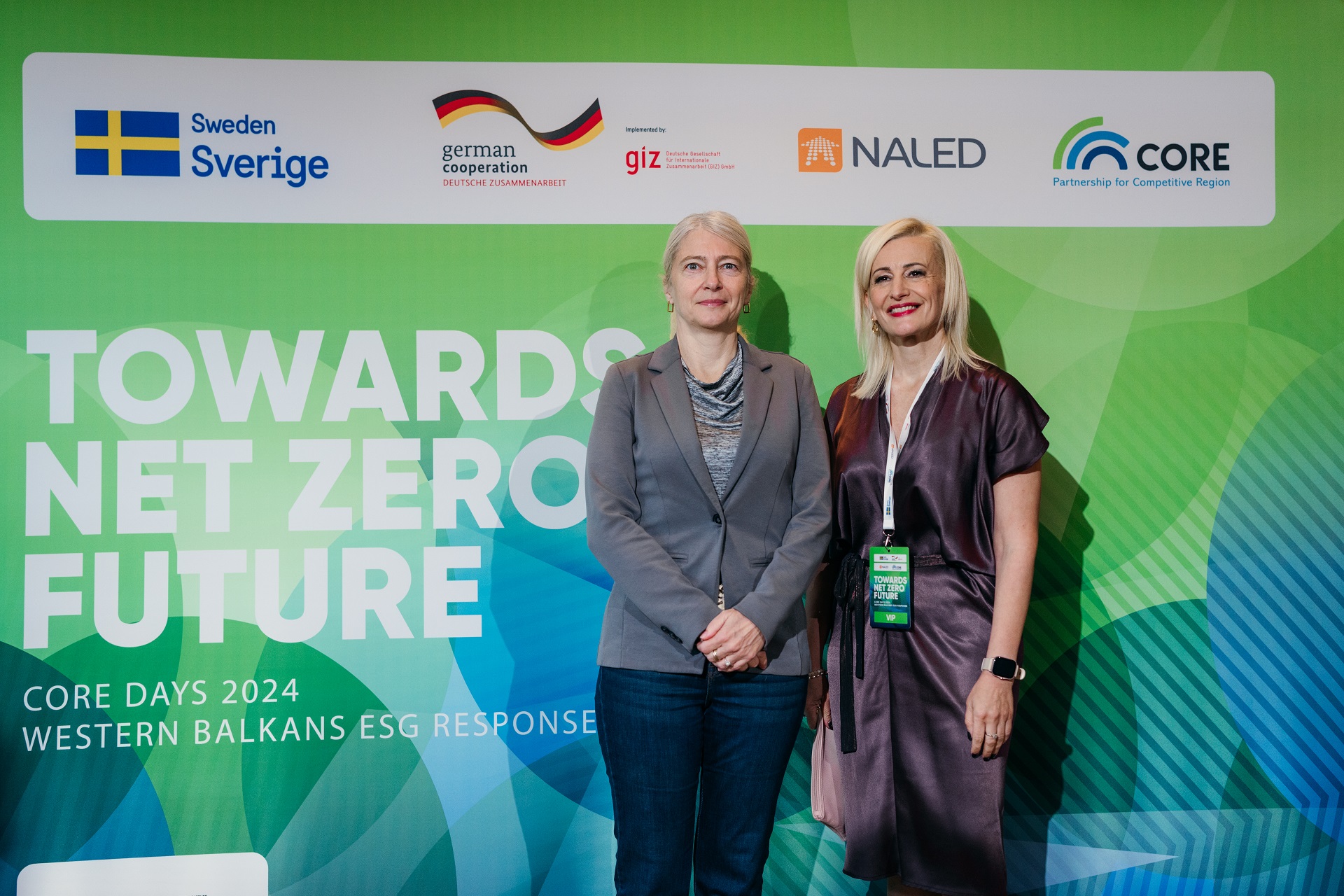The number of registered seasonal workers in agriculture has reached 100,000
The number of electronically registered seasonal agricultural workers has reached nearly 100,000 in less than six years since the reform of seasonal employment began. So far, around 900 employers have used the online registration portal and application, contributing 1.9 billion dinars in taxes and contributions for engaged workers.
The "Seasonal Workers" portal, initiated by NALED with support from German development cooperation implemented by GIZ, has been operational since 2019 and allows for easy daily registration of workers. The portal was fully taken over by the Tax Administration, and the number of registered seasonal workers has been increasing year by year—from about 28,000 in 2019 to 49,000 three years later.
These figures indicate that the reform has had a significant impact on curbing the gray economy and illegal business practices. It is estimated that prior to the establishment of the electronic registration system, more than 90% of workers in agriculture were engaged illegally. This was highlighted at the CORE Days conference organized by NALED, with support from the Swedish and German governments, in cooperation with the Partnership for a Competitive Region.
- Before the reform, only about 3,500 workers had contracts out of an estimated 65,000 to 80,000 seasonal workers in Serbian agriculture. Now, half of them are engaged through the system, thus being included in legal frameworks. The Law on Simplified Employment for Seasonal Work in Certain Activities, which has been in effect since 2019, has proven to be a good solution for reducing illegal seasonal work, benefiting everyone involved, said Amira Omanović, GIZ project manager.
She emphasized that the success of the reform lies in its efficiency, as the procedure for signing contracts on paper and going to institutional counters has been replaced by online registration. This has allowed employers, including individuals and households, to register seasonal workers in just a few minutes and fulfill their obligations to the state only for the days the workers actually worked. The law has also significantly helped employees, who are now more visible and, for the days they are engaged, not only receive wages but also have access to pension and insurance in case of workplace injuries.
The simplified registration system for seasonal workers in Serbia could soon become a successful regional model. GIZ and NALED, through the CORE partnership, which was established as a platform for dialogue and best reform solutions for a sustainable Western Balkans, are supporting governments in the region to transfer good practices to the rest of the Western Balkans Six.
- Montenegro is working with GIZ on a draft law on permanent seasonal workers and is striving to implement the best practices from Serbia and Croatia to improve the labor market, aligning it with EU standards while retaining local citizens. They are also facing labor shortages, having issued over 30,000 work permits for foreigners last year, while 38,000 local citizens were registered as unemployed. They hope the Law on Permanent Seasonal Workers will help employers retain quality foreign employees while encouraging local citizens to seek jobs primarily in Montenegro, said Naida Nišić, the Minister of Labor, Employment, and Social Dialogue in Montenegro.
According to data from the portal sezonskiradnici.gov.rs, employers have reported over 6.1 million days of seasonal worker engagement, primarily during the peak agricultural season from June to September. The majority of workers are between 18 and 30 years old or between 46 and 60. There is also a noticeable trend of increasing engagement of foreign nationals, with more than 3,100 non-Serbian workers engaged, and 1,000 foreigners finding seasonal jobs through the portal in 2024 alone.
NALED and GIZ advocate for expanding the seasonal employment reform to include domestic assistance, construction, hospitality, and tourism. New labor market conditions, especially with the upcoming EXPO 2027, will further increase demand for jobs in these sectors. The work on amending the law to broaden the simplified registration procedure to other professions began in 2022, and although the document underwent public consultation, it has not yet advanced in the legislative process. Zoran Martinović, Assistant Minister of Labor, Employment, Veterans and Social Affairs, announced the reactivation of the working group to create regulations allowing seasonal workers in other sectors to register via the portal.








